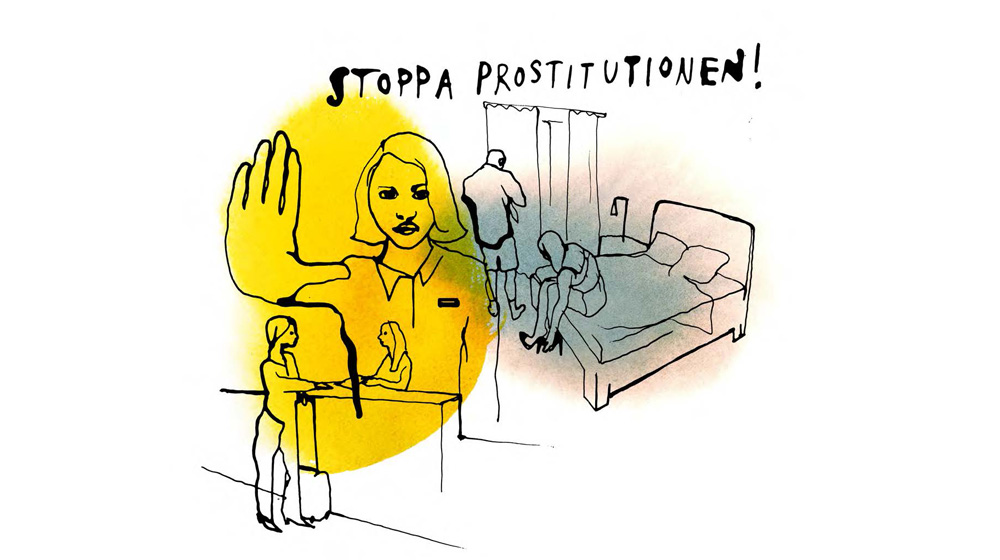The actions that prevent sex trade in hotels

Most people know that both prostitution and human trafficking take place in Swedish hotels. Few, though, think about how this affects the hotel staff and their attitude toward the workplace. And how can hotels prevent these crimes from taking place? Mana Farshid is one of two researchers at INDEK who studied the matter.
Imagine you clean in at a hotel. You’ve noticed men entering a room where a woman with a foreign background lives. The sign “Do not disturb” is frequently on the doorknob, and the room is messy when cleaning it. The situation makes you feel uneasy, but what do you do? Do you let it be?

"It’s a fact that prostitution and human trafficking occur in hotels, even if we lack statistics. Commonly, the buyers of sex at hotels are businessmen who see it as a treatment for themselves. The hotel staff knows it's happening, but no one knows what to do. How hotels prevent prostitution and trafficking is a new piece of research,” says Mana Farshid, a researcher at INDEK.
Everyone in a hotel room must be registered; it’s a safety issue, for example, in a fire. Still, denying someone entrance when you suspect you face the “wrong type of guest” is problematic, Mana says.
”It’s an uncomfortable situation saying ‘I can’t let you in.’”
Providing the location for the sex trade is considered part of the responsibility, thus being part of the crime. So, in addition to moral incentives to address the problem, there are also legal ones for the hotels and what initiatives they take.
Mana Farshid and her research colleague Charlotte Holgersson wanted to see how this situation affects the employer brand for a hotel.
”How safe do I feel at work? Do I want a career in an environment where a crime is happening? Is my employer working on solving the situation? This situation will affect the commitment to the company, ultimately affecting the service and the whole industry.”
Mana explains that the hotel industry needs more protocols and instructions for handling the situation. Some hotels already dealing with it. But the initiatives to prevent prostitution are mainly run by a few enthusiastic individuals. During the pandemic, when travelling was down, many passionate and dedicated individuals changed jobs to other businesses.
Since then, new staff has been rehired, and they must be trained to detect prostitution and human trafficking – and act. And here, the managers are responsible for initiating change.
“Hotel staff must discuss this at work and share what they see. The key is for the managers to find arenas to raise the questions and teach their staff the signals to look out for. Nobody wants to be criticised for being a whistle-blower.”
"Naturally, this doesn’t stop prostitution; often, someone’s business simply moves to another place. But when the hotels alert the police, there is a possibility that a person trapped in prostitution can get help from social services and voluntary organisations. And in this chain, the hotels are the first line of defence. And the people working in the hotel can feel better about their workplace.”
Text: Anna Gullers
